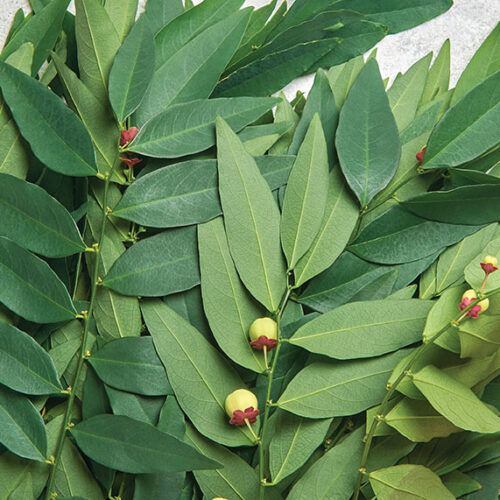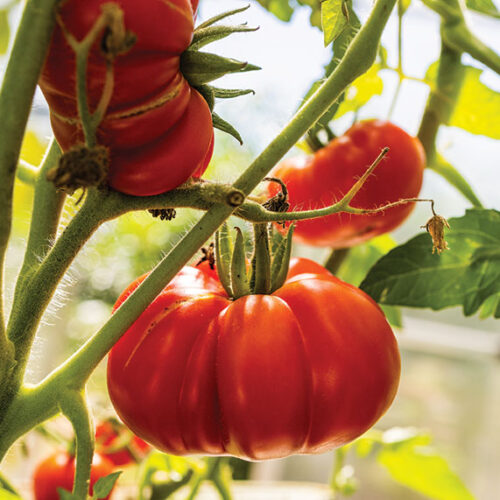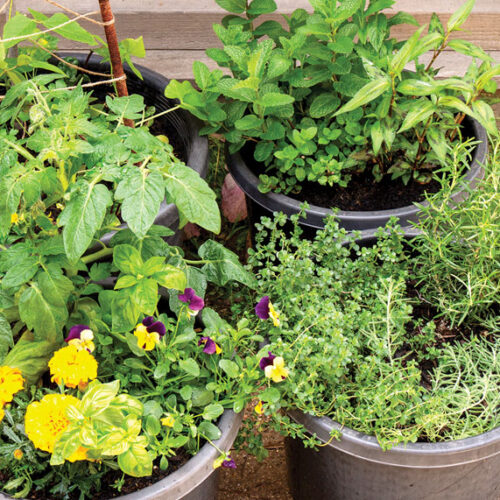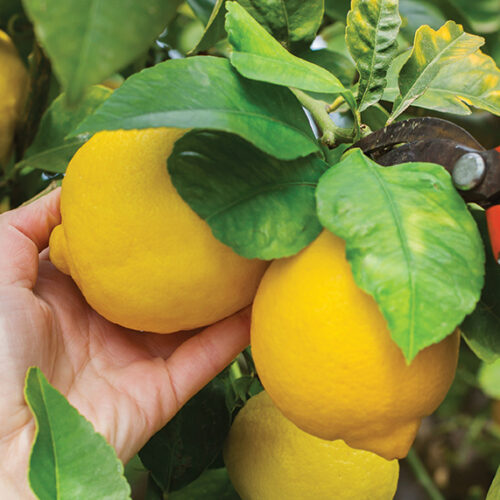Can citrus be added to compost?
2023-05-15T08:43:27+10:00
It’s a common belief that you can’t put citrus or onions in your compost bin because they are too acidic. Running grasses are also thought to be problematic. But is this true?
Have you heard this one? It must be the biggest gardening myth around. If you do a quick internet search, you’ll find claims that it’s bad practice to put citrus and onions in your compost heap. Apparently, they are too acidic and worms don’t like them. There’s even a claim that citrus ferments and forms alcohol, making worms sick.
I’m pleased to report that worms munch on these foods with as much enthusiasm as they would most other kitchen waste, with no adverse effects. In fact, there are lots of YouTube videos showing just this.
Of course, it makes sense to follow the rules for composting any fruit and vegie scraps and other items that are moist and high in nitrogen – match them bucket for bucket with dry, high-carbon materials such as dry leaves, cardboard, wood chips and wood shavings. If you don’t have much high-carbon material handy, go and collect some and keep it near your compost bin so it’s ready to add when needed.
And while we’re looking at things that ‘must never’ be added to compost, some gardeners believe you should avoid adding running grasses – such as couch, kikuyu or buffalo grass – that you’ve pulled up when weeding. These stolons (creeping horizontal stems) are known to throw down roots and start growing if they’re dropped on the edge of a moist garden bed.
However, when they’re buried deep in a compost pile, they simply succumb to the effects of the microbes and fungi that are hell-bent on breaking down dead organic matter and turning it into humus. They won’t cause a problem when you add the finished compost to your patch.
Want to learn how to create your own compost? Read this article.
Photo by iStock






